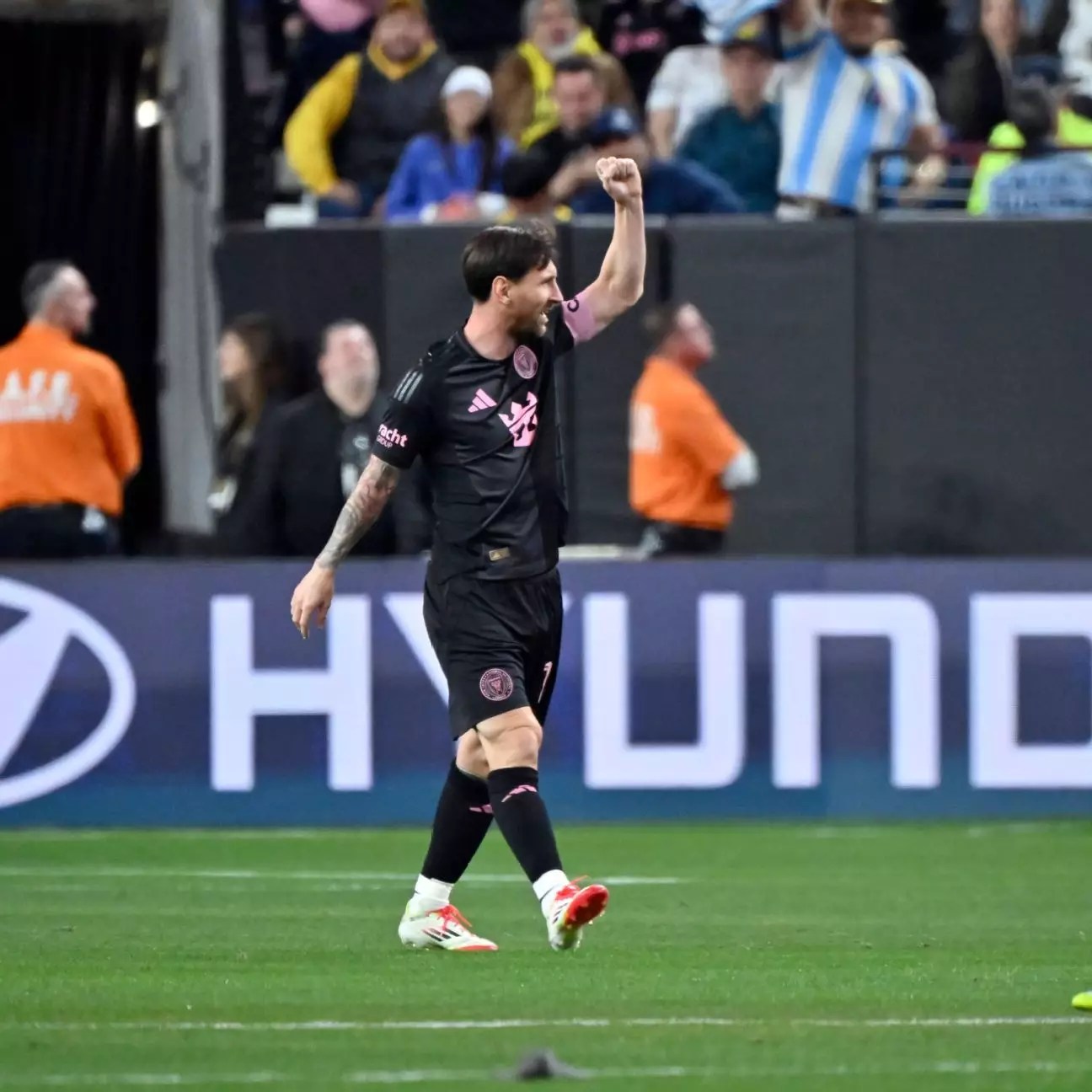The recent friendly match between Inter Miami and Club América not only showcased exciting moments on the field but also sparked dialogues off it, particularly surrounding Lionel Messi’s bold celebration. Scoring in the 34th minute, Messi celebrated with a “3-0” gesture directed towards the Club América supporters, a not-so-subtle nod to Argentina’s three World Cup victories compared to Mexico’s zero. Such acts are laden with emotional undertones, and they can incite reactions from fans and players alike.
The head coach of Inter Miami, Javier Mascherano, addressed these provocations in his comments post-match, indicating he sought to downplay the importance of Messi’s actions. Mascherano noted, “I have not given it more importance,” highlighting his focus on broader team dynamics rather than personal emotions stemming from historical rivalries. This sentiment echoed a larger narrative: the historical hostility that Liga MX teams have shown towards South American, particularly Argentine, players.
Mascherano’s commentary points to an underlying issue in Latin American soccer—historical rivalries between teams and nations, particularly between Argentina and Mexico. His assertion regarding Mexican hostility suggests a backdrop of longstanding competitiveness, which may be exacerbated by previous World Cup encounters, such as the 2022 clash where Mexico faced elimination after a loss to Argentina. The psychological implications of such matches can linger, creating a charged atmosphere whenever these teams meet again.
It’s not merely the scorelines that shape rivalries; the emotional history connects players and fans, often rekindling old wounds. Messi’s “3-0” gesture could be seen as a lighthearted taunt, yet it serves as a reminder of their differing football histories, which can be a flashpoint for hostility rather than camaraderie.
Beyond the provocative gestures and emotional histories, Mascherano also spoke candidly about the tactical aspects of the game. While acknowledging Club América’s status as a prominent rival—“the three-time champion of Mexico” —he stressed the importance of ensuring Inter Miami was more in control of the match. The team’s strategy was to play a well-organized defensive structure that allowed for momentary setbacks without losing composure. He recognized that while they had to focus on solidifying their defense and finding their rhythm, possession is a vital aspect often associated with success.
However, the coach identified specific areas for improvement, such as the initial phase of their gameplay. The struggle to establish early possession reflects ongoing adjustments that every team, including Miami, needs to navigate as the season approaches. This insight provides a glimpse of Mascherano’s thoughtful leadership style, as he prioritizes growth and adaptation.
As Inter Miami transitions into their South and Central America preseason tour, the quotation of Mascherano regarding the team’s readiness is telling. With all players available for training, including Facundo Farías, who had injury concerns, there’s an air of optimism as preparation ramps up for crucial upcoming matches against teams like Universitario in Peru, Sporting San Miguelito in Panama, and Olimpia in Honduras.
Mascherano’s approach illustrates his commitment not only to tactical performance but also to team cohesion. By resuming training later to allow rest, he shows consideration for player welfare—a crucial aspect in maintaining morale during an intense preseason. Each opponent presents a new challenge, and these matches will test how well the team integrates lessons learned from previous encounters.
In summation, while Lionel Messi’s celebration may have stolen headlines, Mascherano’s reflections illuminate deep-seated rivalries and a more significant quest for improvement within Inter Miami. The interplay between emotional responses and tactical execution creates a fascinating narrative in soccer, where each match is an opportunity for growth. As they head into the rest of the preseason, understanding both the psychological and strategic components of the game will be crucial for Mascherano and his team as they seek to forge their path in the competitive landscape of soccer.


Leave a Reply